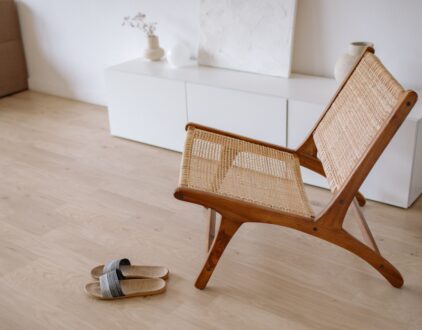Part of having a healthy living environment involves keeping your home clean and neat. However, when cleaning, many of the most popular cleaning products may actually be doing more harm than good. From powerful chemicals to harsh abrasives, certain cleaners have the potential to cause a lot of damage to your materials and finishes.
To more which items to avoid, here are five household cleaners that are wreaking havoc on your surfaces.
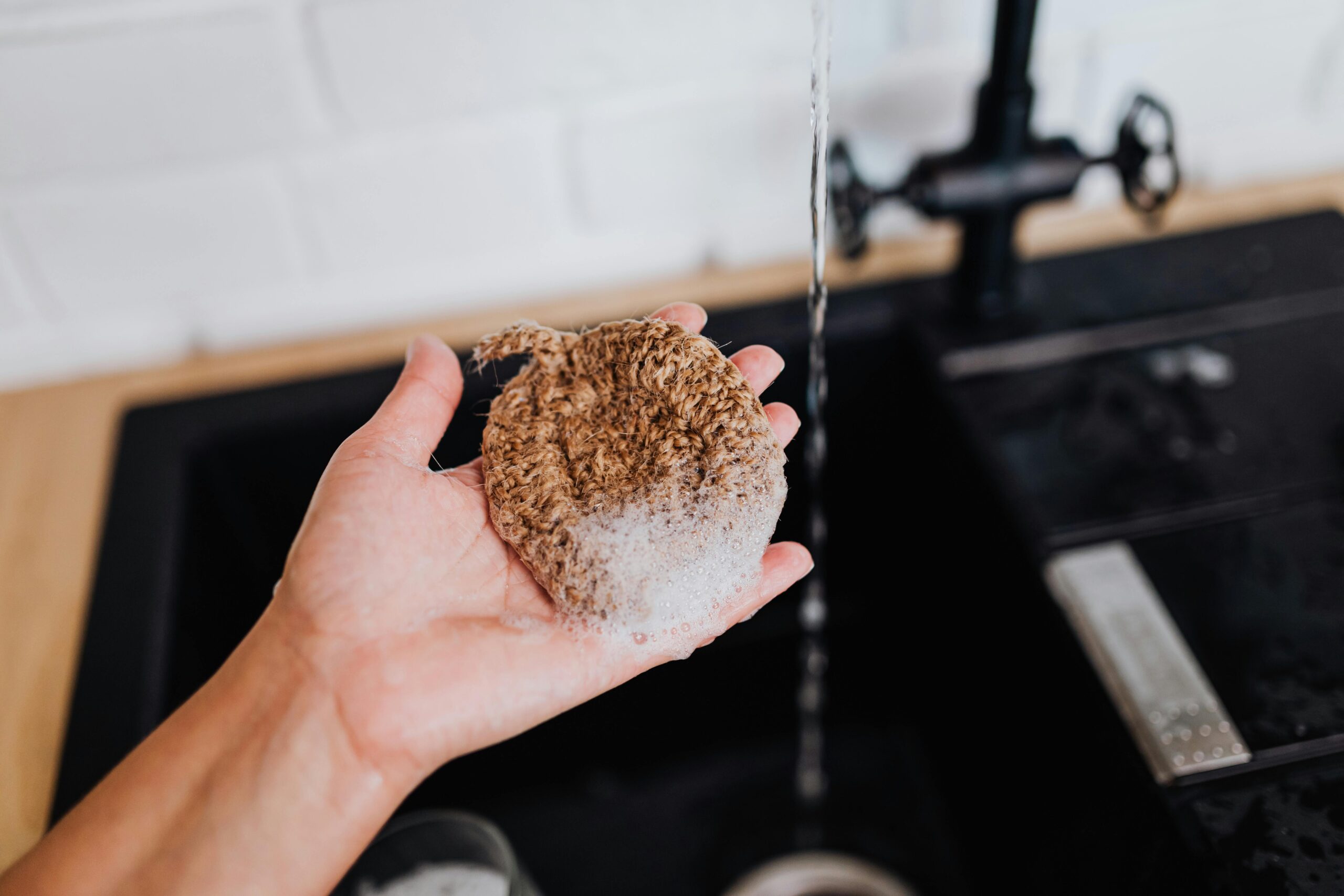
1. Abrasive Scrubbing Pads
While scrubbing pads are the perfect fix if you spill something on your favorite couch, using them on delicate surfaces can scratch them up pretty badly.
To avoid damage, refrain from using steel wool or other abrasive scrubbers on more fragile surfaces like porcelain, fiberglass, or acrylic. That way you don’t leave behind unsightly scratches and markings. Instead, use gentle cleaning tools like microfiber cloths or non-abrasive sponges to clean your surfaces without marking them up.
2. Ammonia-Based Cleaners
Cleaners that are made with ammonia can be especially effective at cutting through grease and grime. But while ammonia is capable of powering through even the toughest substances, it can be a little too harsh on certain surfaces.
In fact, ammonia-based cleaners can be corrosive to many surfaces and are especially detrimental when used in high concentrations.
To maintain your space, avoid using ammonia-based cleaners on surfaces like marble, granite, or stainless steel because doing so can lead to discoloration, etching, or pitting over time.
3. Bleach
Bleach is a powerful disinfectant commonly used to kill bacteria and viruses. But when it comes to surfaces like countertops, tiles, and grout, bleach is a common enemy.
Prolonged exposure to bleach can weaken sealants and finishes, leading to discoloration or deterioration.
Because bleach is so powerful, a little bit goes a long way. So before you work with this potent chemical, be sure to dilute it while working, then rinse any surface you use it on thoroughly afterward.

4. Vinegar on Natural Stone
Vinegar is a popular cleaning solution due to it being natural, eco-friendly, and widely available. But using vinegar on just any area can actually cause damage, especially when working with natural stone.
This happens because vinegar contains harsh, acidic properties that can dull certain surfaces like marble, limestone, and travertine. In turn, this leaves behind permanent marks which cost a pretty penny to have replaced.
So rather than use vinegar as an all-purpose cleaner, stick to a pH-neutral stone cleaner specifically designed to clean natural stone surfaces.
5. All-Purpose Cleaners with Harsh Chemicals
A lot of the all-purpose cleaners available on the market are made using chemicals like ammonia, chlorine, or phosphates. These harsh ingredients are not only bad news for your surfaces, but for your health as well.
So when shopping for a multi-purpose cleaner, always reach for the products that are labeled as “eco-friendly,” “non-toxic,” or “biodegradable.” Cleaners that are clearly marked this way are more likely to take it easy on your surfaces. Plus, they’re safer to use around children and pets.
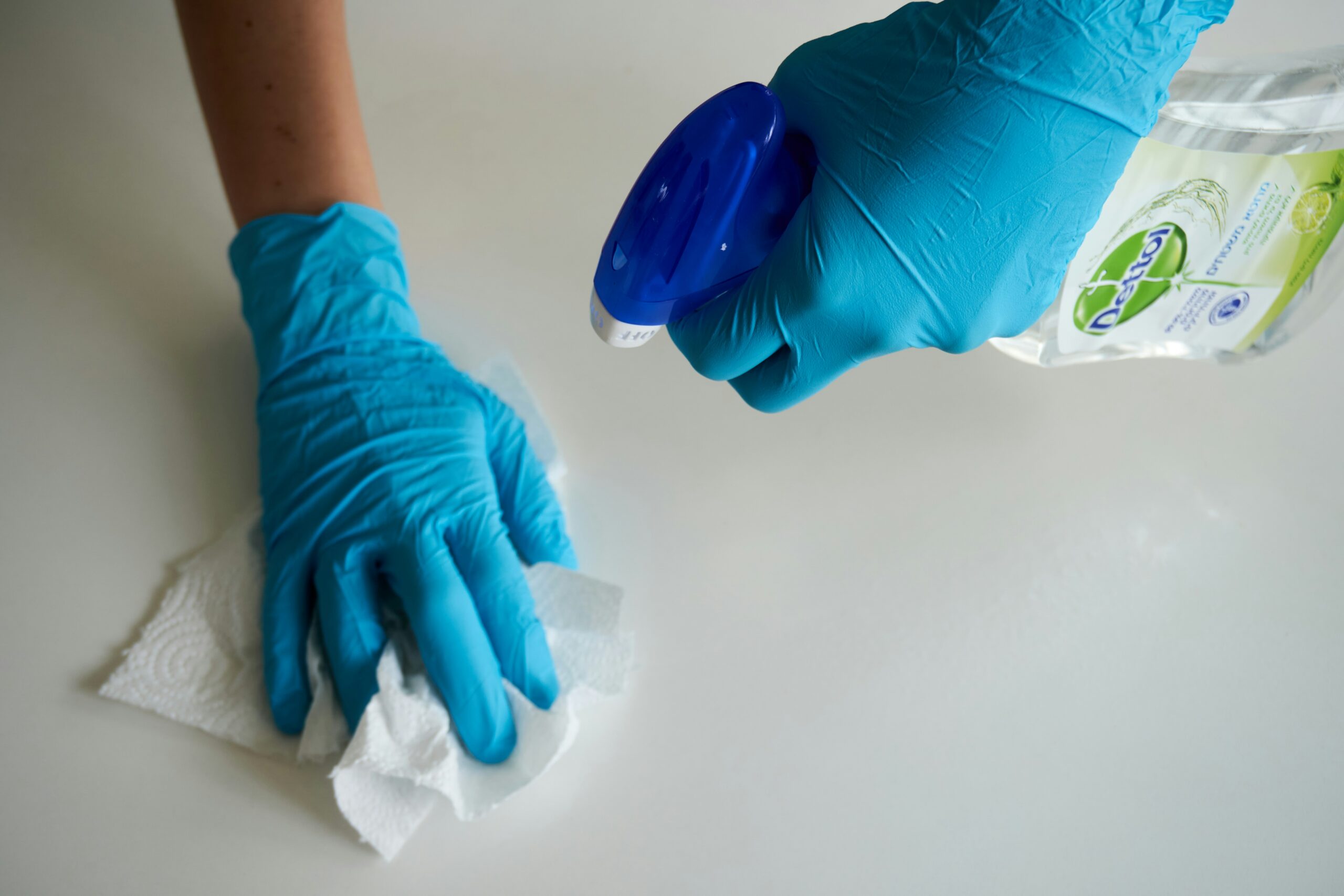
Safer Cleaning Alternatives
While certain household cleaners are likely to cause damage to your surfaces, not all hope is lost. Luckily, you can find many much safer alternatives for cleaning your home without ruining it. To learn more, here are four tips to keep in mind when cleaning:
- Use a mild, gentle dish soap when cleaning non-specific areas so that you can effectively clean your space without leaving any stubborn residue behind.
- If you need a gentle cleaner that works on multiple surfaces, baking soda is your best bet. Simply sprinkle a bit of baking soda onto a damp sponge, then use it to wipe away dirt, grime, and debris from countertops, tubs, and sinks.
- For light cleaning, microfiber cloths are a choice fix. They contain itty bitty fibers that trap dust, dirt, and bacteria, which means you can enjoy a clean, streak-free surface without using toxic chemicals.
- If you need a quick disinfectant, hydrogen peroxide or rubbing alcohol are fantastic options. They work hard to fight bacteria and viruses, making them natural, safe solutions for most surfaces.
popular posts
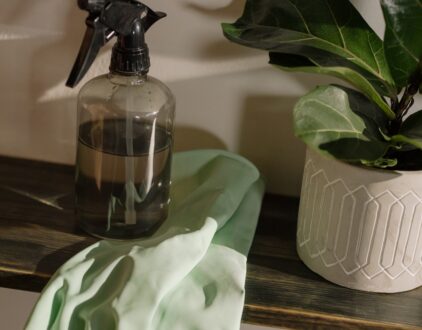
4 DIY Eco-Friendly Cleaning Recipes for a Greener Home
by Melody Beuzelin | October 10, 2023
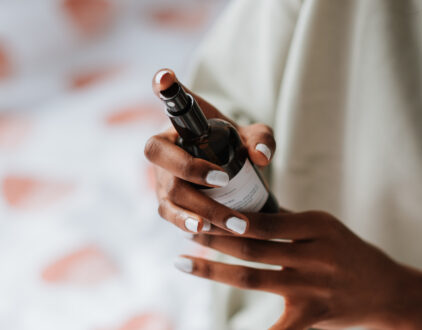
Use Linen Spray On These Spots for a Fragrance-Filled Home
by Karina Young | August 21, 2024
FOLLOW ALONG ON INSTAGRAM
#homeandtexture
Find us on social for more home inspiration where culture, personal style, and sophisticated shopping intersect to help you create a home where you love to live.

